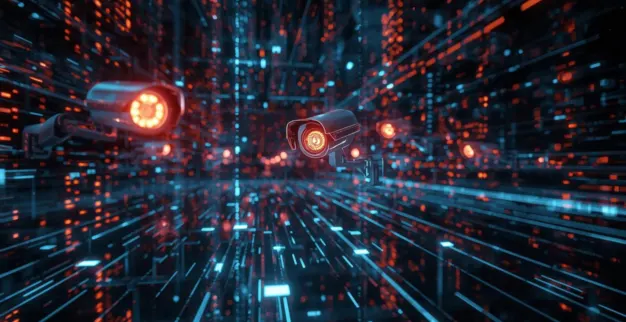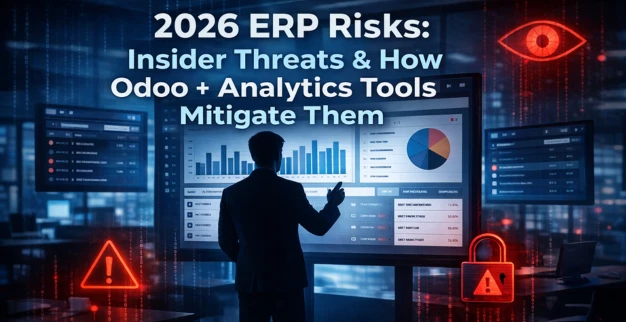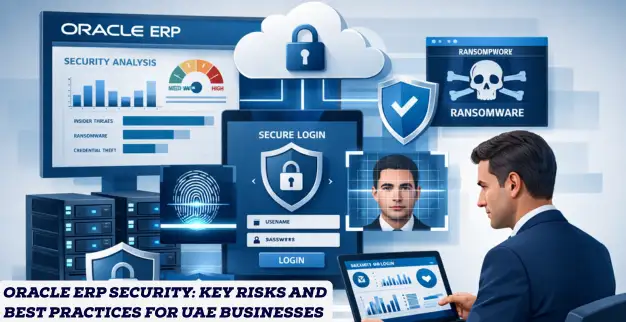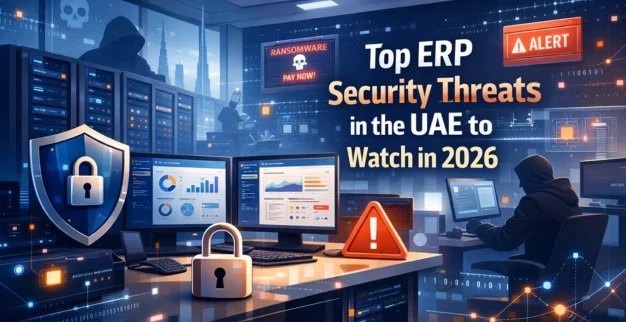How to Secure Your Dubai CCTV System from Hackers Before It’s Too Late?
By: Ganesan D
08 Sep 2025
Category: CCTV Security
Picture this: You're overseeing your villa in Jumeirah or apartment in Business Bay, and suddenly you realize your CCTV network feels… off. Maybe it's lagging, or you spot unknown login attempts. For anyone in Dubai focused on CCTV security, that moment raises serious alarm bells. Here's how to safeguard your system proactively and maintain your peace of mind.
1. Ensure Compliance with Dubai’s Regulatory Environment
- Register your system with SIRA (Security Industry Regulatory Agency). Only SIRA-approved installers should carry out CCTV setups—non-compliance can lead to heavy fines or removal orders.
- Follow UAE’s Personal Data Protection Law (PDPL). CCTV footage often includes identifiable individuals, so data must be minimized, stored securely, and handled responsibly.
- Retain footage securely—typically a minimum of 30 days for standard installations; high-security venues may require up to 90 days of retention and encrypted storage systems.
2. Strengthen System Defenses: Credentials, Firmware & Encryption
- Change default credentials immediately. Avoid easy-to-guess logins like "admin/password"—use complex passwords with uppercase, lowercase letters, numbers, and symbols. Update them periodically.
- Enable two-factor authentication (2FA). This double-layered security can stop attackers even if they know your password.
- Keep firmware current. Regular updates patch vulnerabilities—don’t skip this essential step.
- Activate encryption across the board. Secure your video feeds and interfaces with HTTPS, SSL/TLS, WPA2/WPA3—block weak protocols like HTTP or FTP.
3. Secure Network Infrastructure and Remote Access
- Segment your network. Use VLANs or a dedicated guest Wi-Fi network for CCTV devices. If hacking occurs, this helps contain threats.
- Consider VPN for remote camera access. This adds a layer of network-level encryption whenever you're viewing feeds from offsite.
- Disable or limit remote access when not needed. The fewer entry points open, the lower your risk.
- Monitor access logs. Regularly check who is logging in and when—catch unusual activity early.
4. Purchasing and Installation Best Practices
- Buy from trusted brands. Brands like Nest, Wyze, or Arlo often prioritize security and timely updates.
- Use certified installers. Only SIRA-certified professionals should install CCTV systems—this ensures design, encryption, and positioning meet legal and technical standards.
- Be thoughtful with camera placement. Cover entry points, parking areas, and shared spaces—but avoid sensitive zones like bedrooms or neighbors’ private areas.
5. Train Users and Maintain Vigilance
- Educate about phishing and social engineering. Cybercriminals may trick users into revealing credentials or installing malware.
- Enable alerts and notifications. Get instant feedback when someone attempts login failures or unusual access.
- Run regular maintenance checks. Periodically test cameras, software, and encryption practices—even the best systems degrade without care.
6. What to Do If You Suspect a Breach
- Disconnect compromised devices immediately.
- Document everything: logs, screenshots, timestamps—don’t erase any data.
- Contact authorities. Dubai Police and SIRA can guide forensic steps and ensure reporting is done correctly.
- Reinstall your system securely: update firmware, reset credentials, restore encrypted connectivity.
Quick Checklist: Secure Your Dubai CCTV System
- 1. Comply with SIRA & PDPL—hire licensed installers
- 2. Strengthen access: strong passwords, 2FA, firmware updates
- 3. Encrypt all data in transit and at rest
- 4. Isolate cameras on VLAN/guest network & use VPN
- 5. Use reputable brands and position cameras thoughtfully
- 6. Educate users, monitor logs, and maintain regularly
- 7. Act fast if hacking suspected—document, report, secure
Final Thoughts
In Dubai’s regulated environment, securing your CCTV system isn’t optional—it’s essential. By combining strong network security, compliance with local privacy laws, intelligent camera setup, and consistent maintenance and monitoring, you’ll build a robust defense against intrusion attempts. The key is to act before something goes wrong. Stay compliant, stay secure—and rest easy knowing your surveillance system is crack-resistant.



